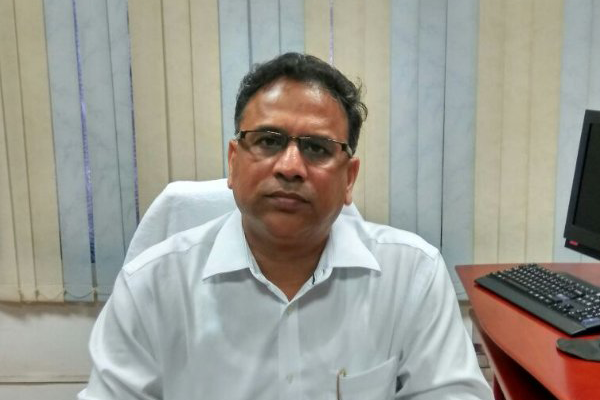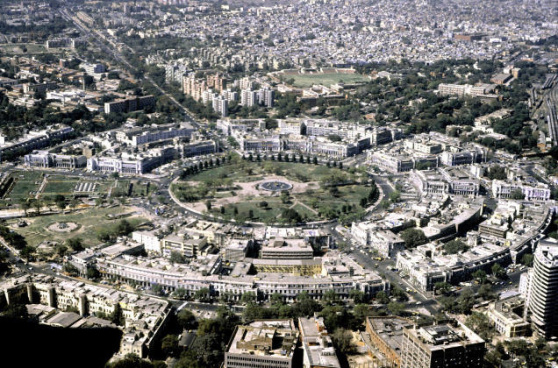
Urban management is the practice of strategically managing resources and infrastructure within a city or town to promote sustainable growth and resilient communities. It is a critical aspect of city development that supports the creation of vibrant, accessible, and inclusive urban environments. Effective urban management is essential for the long-term success and prosperity of cities, ensuring that resources are utilised efficiently and infrastructure is designed and operated in a way that meets the needs of its inhabitants. India is experiencing rapid transformation with cities playing a crucial role as engines of economic growth. To concentrate on growth, there is a need to reinvent the framework for urban governance and planning. Effective urban management holds the power to transform cities and pave the way for a 5 trillion-dollar economy. Here is a list of items to support the transformation of cities through the lens of urban managers.
Resource efficiency
Urban resources such as land, water, and energy are limited, and it is crucial for conscientious urban managers to ensure their efficient use in meeting the needs of residents and businesses. An effective urbanist recognizes the importance of conducting a feasible and accountable study and implementing effective communication with the government, either directly or on its behalf.
Infrastructure
Cities are demanding modern and reliable infrastructure, such as transportation systems, water and sanitation systems, and public spaces. City managers ensure that these programs are designed, maintained, and improved to meet the needs of the growing population. Economic growth Cities are the backbone of economic growth and prudent city managers can help attract investment, encourage jobs and growth, and create jobs that cities can sustain on their own. They can also work to ensure that economic development benefits both residents and communities to connect possibilities.
Social integration
Social integration in cities is the need of the hour. Every day people are separating for the spaces, and city officials can work to ensure that all residents have access to services, opportunities, and resources. This includes addressing issues such as poverty, inequality, and discrimination. Educated individuals will bridge the gap with social possibility and Hotspots by engaging Namouras public opinion.
Environmental sustainability
As the Cities are developing, it is extremely essential to watch the environmental impact of the development. Infrastructure can make a significant impact on the environment, and mindful associates can work to promote sustainable practices and reduce the city’s carbon footprint. This includes initiatives such as promoting public transportation, green spaces, and renewable energy sources and traditional harvesting practices.
Urban Facilities Management
Cities are installing the facilities and utilities for the betterment of the citizens; However, urbanisation is moving at the speed, these large sized tangible and technological infrastructure requires significant backup to maintain the hard and soft components of the services. A smart monitoring approach can reduce the capex and opex based on the quality monitoring.
E-Governance and policy understanding
Urban governance is critical to establish the smooth delivery of the schemes and the yojanas that the government is planning to implement. Stable governance means hassle free delivery of the benefits to the people. As the government is trying to establish the practices to connect with the citizens, The knowledgeable consultant unit can deliver the right outcome.
Service Operations
Weather it could be the transportations, Health, education or even the city amenities, Vibrant cities are delivering excellent services with the people centric operations where the highest services can be delivered with the baseline and minimal cost for the poorest citizens.Urban Managers can promise the delivery of the services and operations.
Capacity building and the Advocacy
Citizens do require training, growing mindsets and the support from the officials to ensure the right discipline in the built environment. This could be the same for every citizen including the officials. As a matter of fact, this too streamlines the approach from the urban managers where the outcome is always beneficials to the index of the cities.
Also Read | A Water Policy for Urban Areas
Overall, Urban Management is a complex field focused on making cities and urban areas more efficient. This includes managing the environment, infrastructure, and services in a city to ensure efficiency and sustainability. It is an interdisciplinary approach that can include topics such as urban planning, public administration, environmental science, and even economics. Urban management requires an understanding of the many factors that come into play when creating an orderly and sustainable urban environment. This is accomplished through careful coordination of public and private resources, thoughtful urban planning, and the ability to manage the diversity of stakeholders involved in urban development. Furthermore, urban managers carefully examine the interactions between the environment, the built environment, and the inhabitants of a city, with the aim of improving the quality of life for all. Ultimately, urban management is about creating better cities for everyone.
Views expressed by Meet Shah, Urban Management Professional
Reference Links :
- https://www.undp.org/content/undp/ en/home/librarypage/povertyreduction/the-importance-of-urbanmanagement.html
- https://blogs.worldbank.org/ sustainablecities/why-urbanmanagement-maters
- https://www.unescap.org/sites/ default/files/The%20Role%20of%20 Urban%20Management%20in%20 Achieving%20Sustainable%20 Urban%20Development.pdf
- https://www.citiesalliance.org/ newsroom/news/importance-goodurban-management
- https://www.iied.org/why-urbanmanagement-matters-development





















